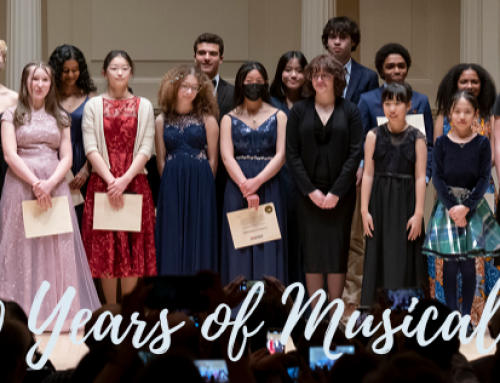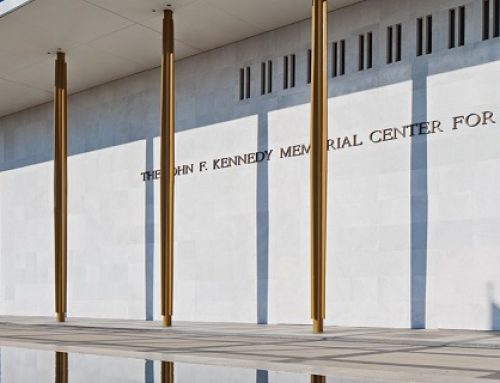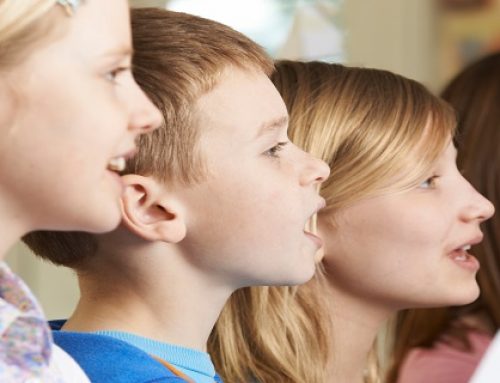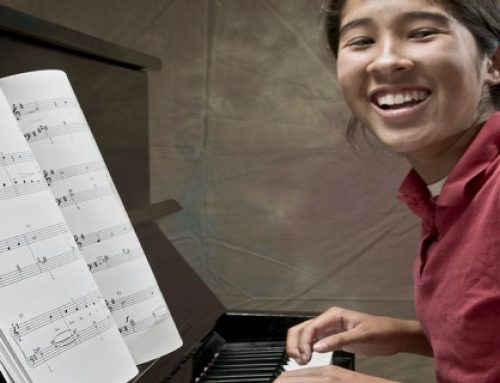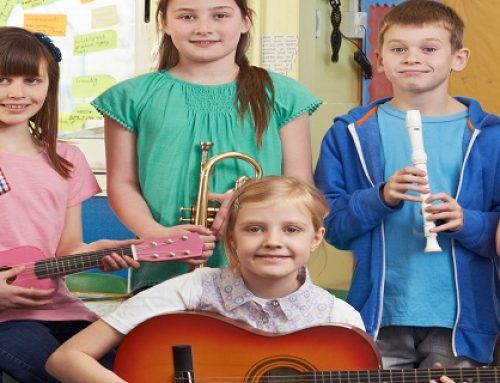Music is a vital part of our daily lives. We hear it on TV — whether it’s a tv show theme song or an advertisement jingle — on the radio through various genres of music, on the phone when we’re on hold, and, of course, through live performance. We use music to express emotion, like victory at a sporting event, in the solemnity of religious worship, or to celebrate love and family at important milestones. Given music’s constant presence, it’s easy to understand how introducing children, even during pregnancy, to music; can forever change a child’s life.
The Importance of Music in Early Childhood Development
The music education philosopher, Zoltan Kodaly, is known for his belief that music education should begin “nine months before the birth of the mother,” because music and sound can be heard even in utero.
Once the baby is born, they continues to learn and discern different sounds, both musical and nonmusical. This process, aided by guided instruction in early childhood music classes, allows children to unscramble musical tones and build up a mental organization of music.
Why is this important? Our brains process music like they do language; first by imitation and memorization of sounds, then through visual and written practice. Learning music as we learn language continues to help the brain organize that information into comprehensible sections.
Since we learn music like a language, it’s no surprise that research shows that exposure to music from early childhood helps children speak more clearly, develop a larger vocabulary, and helps them strengthen social and emotional skills.
Furthermore, early childhood music study strengthens the mind-body connection. Children develop motor skills while dancing and moving to music, inciting yet another way to process language, through kinesthetic practice.
Finally, early childhood music teaches children self-regulation. We teach children how to tell their own bodies how to act (and react), and through music dances, games, and group work, they learn how to be still, listen, sing, play, and so on. Children who are self-aware and in control of their actions are more likely to be well-behaved in social and educational settings.
To Sum It All Up…
There is no negative consequence to early childhood music. Instead, it’s a fun way for parents and young children to bond and learn together about the language of music. Our preschool music program at the International School of Music in Potomac, MD offers a gradual progression of music classes that guide young children in their musical journey from Toddler Tones, Music Imagination & Me, Musical Voyage to Instrument Explorers and Glee Cubs.
Want to know more? Read more about our Early Childhood Music Program or sign up your toddler or preschooler for a free trial at https://ismw.org/ecm-trial/


